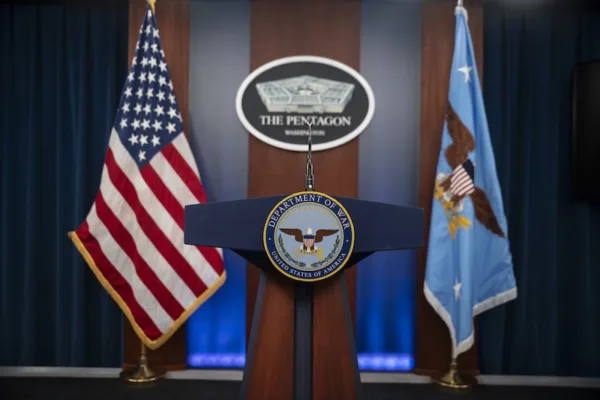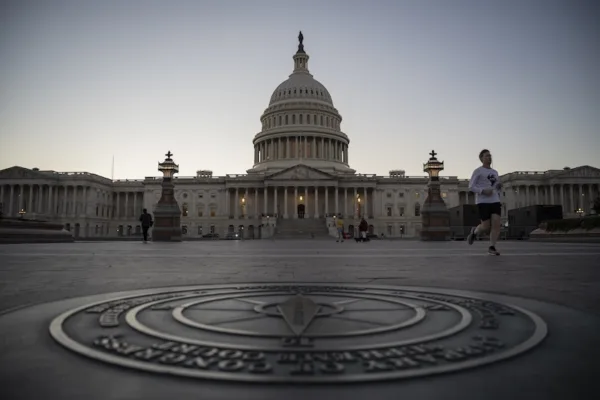To do or not to do what Obama did
In the Obama years, U.S. policy had a hard time to come up with a coherent foreign policy that would urgently respond to different crises around the world. His policies in the Middle East were the most controversial ones. His decision to withdraw troops from Iraq, the lack of a strategy in Syria, and his stand during the coup in Egypt generated major debates both in and outside of the U.S. His policy toward Iran on the other hand generated major reactions from the U.S. allies in the region. For many, in order to be able to sign this agreement the president’s aversion to confronting Iran’s other activities in the region and for some even the non-involvement policy of the U.S. in the Syrian crisis has a lot to do with the Iran policy. Many would contend that this was an extremely Iran-centric Middle East policy. President Donald Trump last week declared that he is not going to certify the compliance of Iran to the terms of the Joint Comprehensive Plan of Action (JCPOA), despite the reports of intelligence services and international watchdogs for the nuclear facilities. It was clear that President Trump from the very beginning was against this deal, just like most of the deals that were negotiated multilaterally by previous presidents, including the Trans-Pacific Partnership (TPP) and the North American Free Trade Agreement (NAFTA). The president has argued that it was poorly negotiated and claimed that it was the worst deal ever signed by the U.S., giving an early signal of the possibility that the compliance of Iran would not be re-certified when he publicly expressed his dissatisfaction with the deal. On Friday, this time he stated that he will not certify it and left it to Congress to come up with new sanctions against Iran in the next 60 days. If Congress fails to do so, he has threatened to end the deal. His explanations for this decision did not satisfy a lot of observers.
The already existing confusion among the U.S. allies is because of Trump always taking the wrong steps while dealing with them
This de-certification and in case of the end of the deal this condition will generate serious repercussions for the U.S. policy and it already generated too many question marks. First of all it is not clear what will happen now. If Congress fails to bring more sanctions against Iran, will the president just end the deal. As mentioned in a previous column on the Iran deal, the Democrats who were against the Iranian nuclear deal now refuse to impose more sanctions against Iran, and Republicans do not look like they are thrilled by the possibility of bringing this issue to the agenda. In fact, this requirement of the certification of the deal was put forward by Congress and now Congress seems to lack the resolve and preparedness to go through with it. If the president is not going to terminate the deal, given the Iranian statements on the refusal of re-negotiation, what will be the next step? Does Trump think that the threat to eliminate the deal will be an effective deterrent to force Iran to make some concessions so that without any more steps he might achieve his goal?
Another question stems from the disagreement within the administration in regard to the deal. The secretary of defense, James Mattis, for instance, seems to be at odds with the president in regard to the termination of this agreement and although Secretary of State Rex Tillerson has been criticizing Iran on the nuclear deal, he seems less enthusiastic to terminate it completely.
In addition to the internal dynamics of the U.S. government, this step also brings complications with U.S.’ allies. During Obama’s negotiations, the European allies backed the deal while Saudi Arabia and Israel had been against it. Now, with the decision of Trump, we have a reverse situation; Israel and Saudi Arabia are the only backers of Trump’s decision, whereas the other members of the P5+1 stand behind the agreement. Does it mean the Trump administration will work together with these two allies instead of the European ones against Iran? But even for the supporters of this agreement, there is no clear Iran strategy on the table and it is not clear how to deal with the Iranian role in the region. Up to what extent will the goals and means of Iranian policy overlap? Thus, the already existing confusion among the U.S. allies will continue in the coming period. Furthermore, this decision may also have repercussions in regard to the resolution of the conflict in the North Korea. They argue that such a decision will increase the skepticism among other countries to the U.S. commitments.
Thus, there are too many unknowns in regard to the president’s decision on Iran. The level of confusion among many is reminiscent of the extent of confusion among observers during the Obama years. If it is more than undoing Obama’s diplomacy, there should be more explanations in regard to the path forward and an exit strategy that will clarify the situation for U.S. allies.
This article was first published in Daily Sabah on October 16, 2017.




















